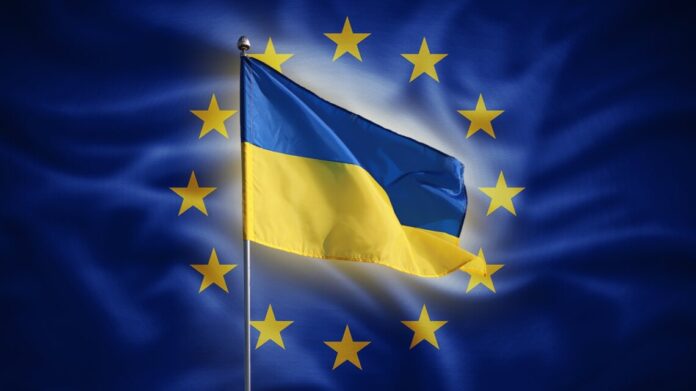Negotiations on Ukraine's accession to the EU may start in 2026
The opening of negotiating clusters with the European Union on Ukraine's accession may begin as early as 2026. This information is spread by European institutional sources, citing internal discussions among EU officials.
However, this process is currently being hampered, in part, by political obstacles, especially from Hungary.
Hungary is the main obstacle
Hungary is reportedly blocking the start of Ukraine's talks with the EU, despite the fact that Kyiv has already fulfilled most of the technical requirements.
The key condition that could open the way is the outcome of the Hungarian elections. According to sources, after the parliamentary elections in April 2026, there could be a change of government, and the new government could lift the blockade.
Why this decision was unanimous
The process of opening clusters in the EU usually requires the unanimous decision of all member states. This means that even one country that is opposed can block progress.
Despite discussions about the possibility of switching to a qualified majority for such decisions, such changes have not yet been implemented.
What has already been done - technical preparation
European institutional sources acknowledge that Ukraine has already completed a significant part of the technical work on harmonising legislation and standards.
One of the last procedures to be completed is the final screening session of Ukrainian legislation scheduled for 29 September.
Implications and expectations
If the blockade is lifted after the Hungarian elections, Ukraine will be able to quickly start negotiating clusters - that is, move from theory to actual accession.
If Hungary continues to refuse, Ukraine may find itself in a «hung» state - ready for negotiations, but blocked politically.
The issue of institutional changes in the EU remains important: whether the decision-making procedure on enlargement will be changed to avoid similar blockades in the future.




